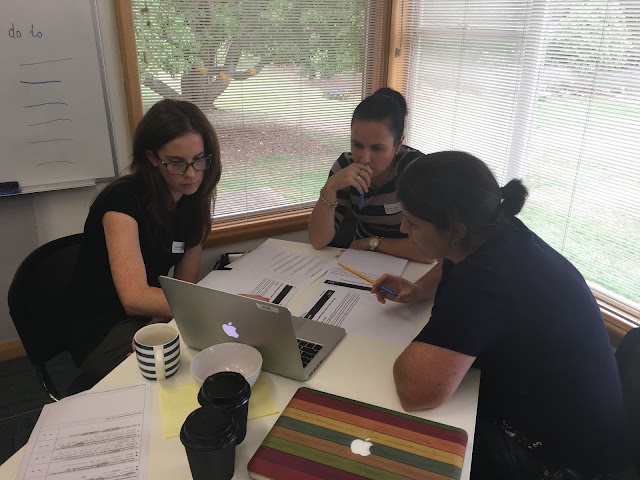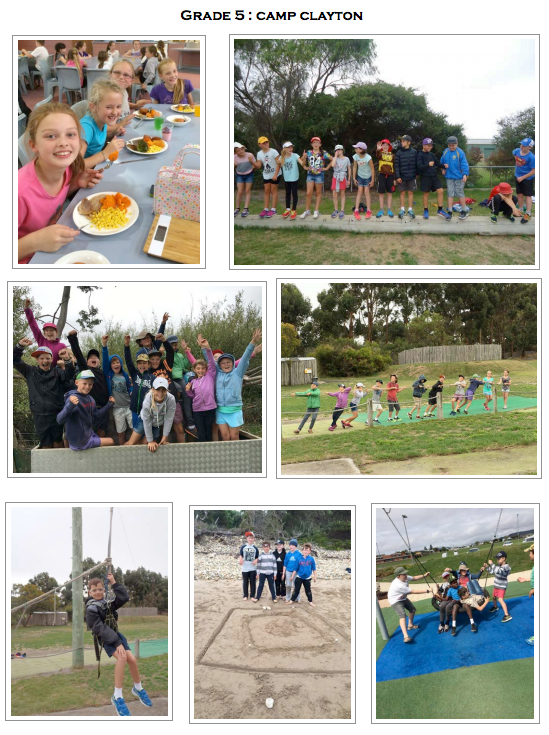He emptied
himself, taking the form of a slave,
coming in human likeness; and found human in appearance,
he humbled himself, becoming obedient to the point of death,
even death on a cross.
coming in human likeness; and found human in appearance,
he humbled himself, becoming obedient to the point of death,
even death on a cross.
Philippians 2:7-8
Sometimes it takes
illness to remind us of our limitations and humanity. None of us is exempt from
the onslaught of colds, flu, bacterial and viral infections, nor, in fact, the
ravages of age itself. Those of us who have reached milestone, and honoured
ages understand the process by which our physical goals diminish, but our
desire to achieve great things has no bounds!
The three-year
journey of Jesus to Jerusalem, during which he ministered, preached, healed,
served and loved came to a close, beginning with his entry into the city,
greeted by the cries of ‘Hosanna!’ and the heralding of palms. The coming week
brought both the agony and the ecstasy of his decision to accept the will and
plan of God. His acceptance is of heroic proportions and divine in
accomplishment. He is not the aged, sagacious Father of his People. He is
young, at his peak, his disciples have not yet understood his message, there is
so much more he could do – and yet everything he has said and done these past
three years is leading him, thrusting him to the tree of life.
These days of
darkness and shadows reveal the fullness of Jesus’ humanity as he struggles
with the choices before him, the finality of his decision, the acceptance of
and release of his self, his body, his life, for his Father, for us. Indeed, as
Paul writes: He humbled himself, becoming
obedient to the point of death
What an awesome
mystery this is, what surrender, what passion.
A part of us too
should ache with the knowledge of that passion, for that is our share in the
mystery. Join us this Sunday in worship as we remember and relive the Passion
of Jesus, our Lord and Saviour.
Peter Douglas
HEAD OF SCHOOL SERVICES, NORTH
THE CRIES OF FINITUDE
by Ron Rolheiser
What most moves your
heart? I was asked this question
recently at a workshop. We were asked to
respond to this question: When do you most naturally feel compassion in your
heart? For me, the answer came easily. I am most moved when I see helplessness,
when I see someone or something helpless to tend to its own needs and to
protect its own dignity. It might be
baby, hungry and crying, too little to feed itself and to safeguard its own
dignity. It might a woman in a hospital, sick, in pain, dying, helpless to get
better, also unable to attend to her own dignity. It might be an unemployed
man, down on his luck, unable to find work, the odd man out when everyone else
seems to be doing great. It might be a little girl on the playground, helpless
as she is teased and bullied, suffering indignity. Or it might just be a baby
kitten, hungry, helpless, pleading with its eyes, unable to speak or attend to
its own need. Helplessness tugs at the heart. I am always touched in the
softest place inside me by helplessness, by the pleading of finitude. I suspect
we all are.
We’re in good company. This is
what moved Mary, Jesus’ mother, at the Wedding Feast of Cana to go over to
Jesus and say: “They have no wine!” Her request here has different layers of
meaning. At one level, it is a very particular request at a particular occasion
in history; she is trying to save her hosts at a wedding from embarrassment,
from suffering an indignity. No doubt
the shortage of wine was due to some poverty on their part, either a shortage
of money or a shortage of good planning, but, either way, they stood to be
embarrassed before their guests. But, as with most things in the Gospels, this
incident has a deeper meaning. Mary isn’t
just speaking for a particular host on a particular occasion. She’s also
speaking universally, as the mother of humanity, Eve, voicing for all of us
what John Shea so aptly calls, “the cries of finitude”.
What is finitude? The finite,
as we can see from the word itself, contrasts itself to the infinite, to what
is not limited, to God. God, alone, is not finite. God, alone, is
self-sufficient. God, alone, is never helpless, and God, alone, never needs
help from anyone else. Only God is never subject to sickness, hunger,
tiredness, irritation, fatigue, bodily and mental diminishment, and death. God,
alone, never has to suffer the indignity of need, of getting caught short, of
inadequate self-expression, of not measuring up, of being embarrassed, of being
bullied, of being unable to help Himself, and of having to beg silently with
His eyes for someone to come and help.
Everything else is finite.
Thus, as humans, we are subject to helplessness, illness, lameness, blindness,
hunger, tiredness, irritation, diminishment, and death. Moreover, within all these, we are also
subject to indignity. So many of our words and actions are, in the end, cries
of finitude, cries for assistance, the cries of a baby for food, for warmth,
for protection, and for a safeguard from indignity. Although we are infinitely more sophisticated
in our humanity, we are all still, at one level, the baby kitten, pleading with
our eyes for someone to feed us, and all the assertions of self-sufficiency of
the rich, the strong, the healthy, the arrogant, and of those who seemingly
need no help are in the end nothing other than attempts to keep helplessness at
bay. Not matter how strong and self-sufficient we might believe ourselves to
be, finitude and mortality admit of no exemptions. Tiredness, illness,
diminishment, death, and painful hungers will eventually find us all. Our wine
too will eventually run out. Hopefully someone like the Mother of Jesus will
speak for us: They have no wine!
What’s the lesson in this? A
number of things:
First, recognizing our finitude
can lead to a healthier self-understanding. Knowing and accepting our finitude
can help quell a lot of frustration, restlessness, and false guilt in our
lives. I once had a spiritual director,
an elderly nun, who challenged me to live by this axiom: Fear not, you are
inadequate. We need to forgive ourselves for our own limits, for the fact that
we are human, finite, and are unable to provide ourselves and those around us
all that we need. But inadequacy is a forgivable condition, not a moral fault.
Beyond forgiving ourselves for
our helplessness, recognizing and accepting our finitude should challenge us
too to hear more clearly the cries of finitude around us. And so whether it’s
the cry of a baby, the humiliation in the eyes of someone looking for work, the
ravaged eyes of the terminally ill patient, or simply the pleading eyes of a
young kitten, we need, like Mary, to take up their cause and ensure that
someone spares them from indignity by changing their water into wine, by calling
out: They have no wine!





PETER'S WHEREABOUTS FOR THE NEXT 2 WEEKS:
UPCOMING EVENTS:
FROM ST THOMAS MORE'S - NEWSTEAD:
FROM ST ANTHONY'S - RIVERSIDE:
FROM ST PATRICK'S - LATROBE:
FROM ST BRENDAN SHAW COLLEGE - DEVONPORT:
FROM MARIST REGIONAL COLLEGE - BURNIE:
FROM SACRED HEART - LAUNCETON:
FROM ST BRIGID'S - WYNYARD:
FROM STAR OF THE SEA COLLEGE - GEORGE TOWN:
FROM ST PATRICK'S COLLEGE - PROSPECT:
FROM ST JOSEPH'S - QUEENSTOWN:
FROM STELLA MARIST - BURNIE:
FROM LARMENIER:
FROM SACRED HEART - ULVERSTONE:
FROM ST FINN BARR'S - INVERMAY:





































No comments:
Post a Comment